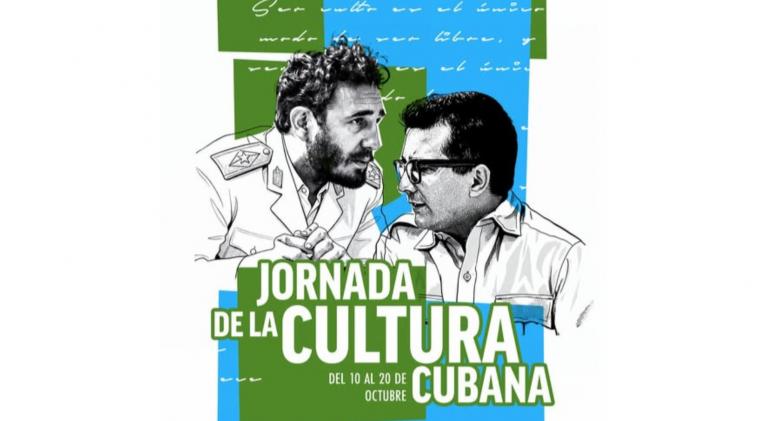
Havana, Oct. 20. - The Day of Cuban Culture is much more than a celebration of art. It is not only about paying tribute to artistic expressions, but about honoring something deeper: culture as the sustenance of a national idea, as the spiritual fabric that has guaranteed the identity of the Cuban people over time.
Within it lie the values, traditions, aspirations, and memory that give meaning to collective existence. Celebrating Cuban culture is, ultimately, celebrating a people's ability to reinvent themselves without losing their essence.
Cuban culture, diverse and fertile, is a realm of permanent confluences. It is a dialogue between currents, generations, and worldviews. It is the living expression of a history where the autochthonous and the universal merge, where the root opens itself to the wind of influences without renouncing its sap.
This constant dialectic, this movement between tradition and modernity, between the local and the global, defines its strength. Culture is, in short, the amalgam that unites a people in its plurality.
That is why this Day cannot be conceived as an elitist celebration, confined to galleries or stages. It must be a popular festival, a call for the collective recognition of who we are. This is how Fidel Castro and Armando Hart, to whom the Day was dedicated, understood culture: as a shared heritage, as an instrument of liberation and consciousness.
Both promoted a notion of culture inseparable from justice, humanism, education, and social commitment.
The idea of a culture in Revolution must be assumed today without caprices or dogmatisms, but also without losing the hierarchies that allow us to distinguish the essential from the superfluous. It must be a critical, participatory culture, aware of its responsibility to the nation and the time in which it lives.
Because culture is not something external to society: we are all culture. And in that certainty lies the deepest meaning of this Day. Culture is the Homeland. (Text and Photo: Cubasí)